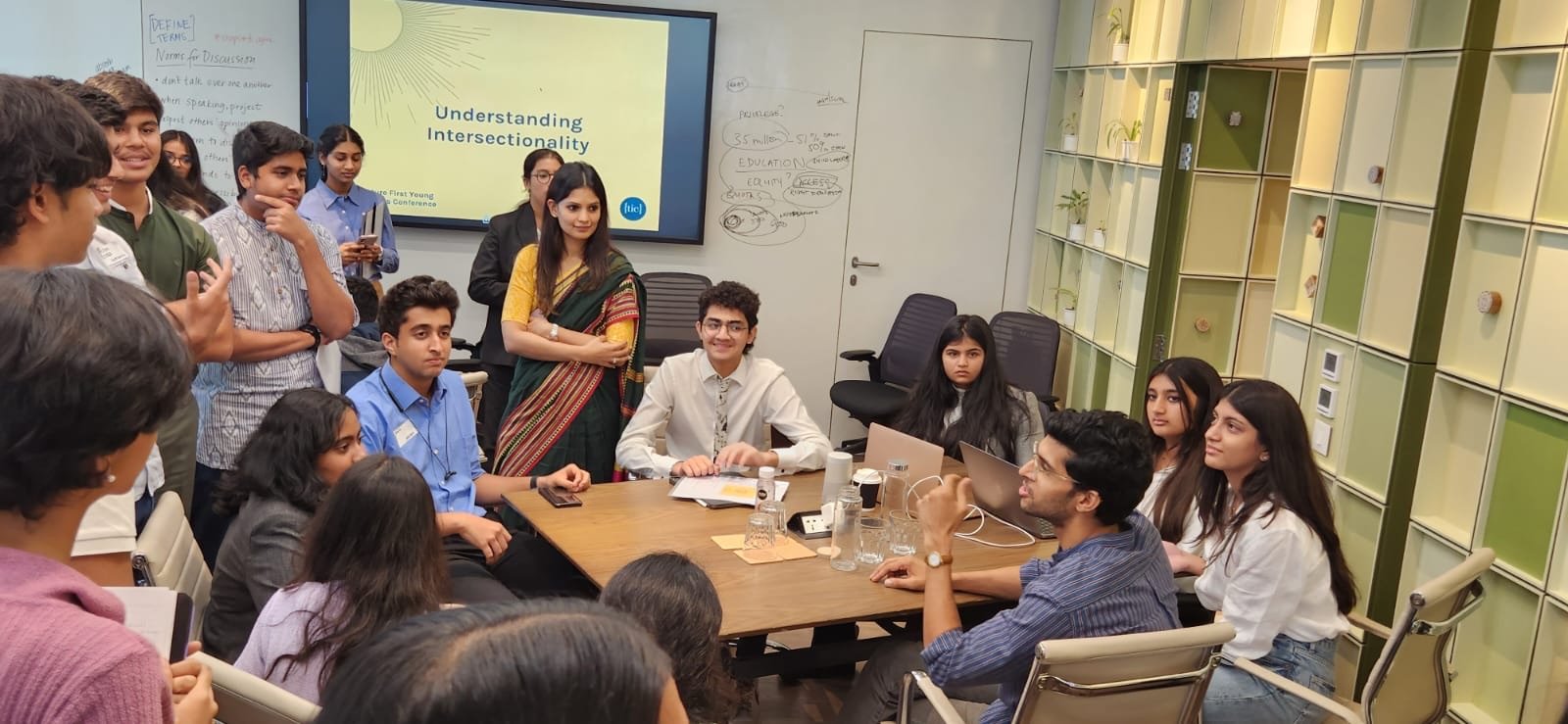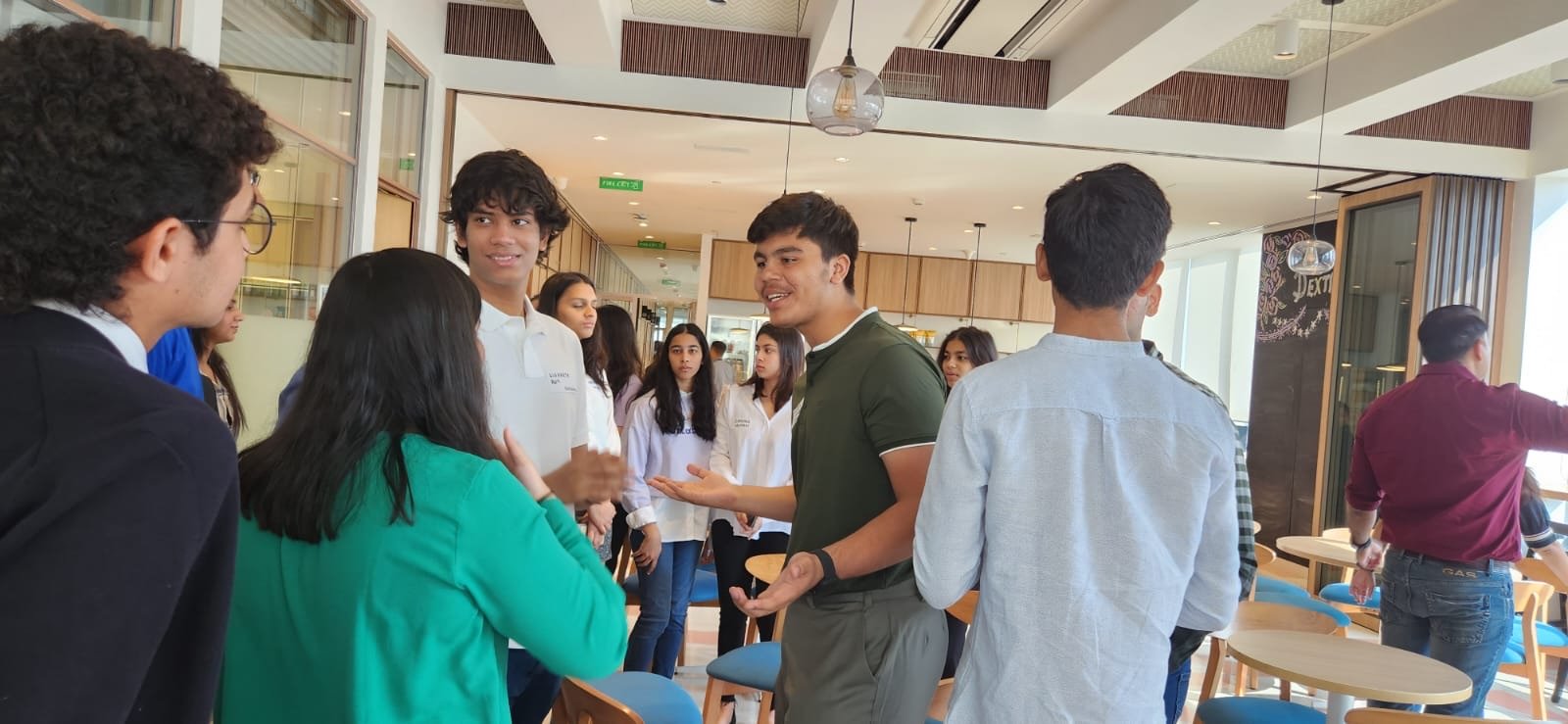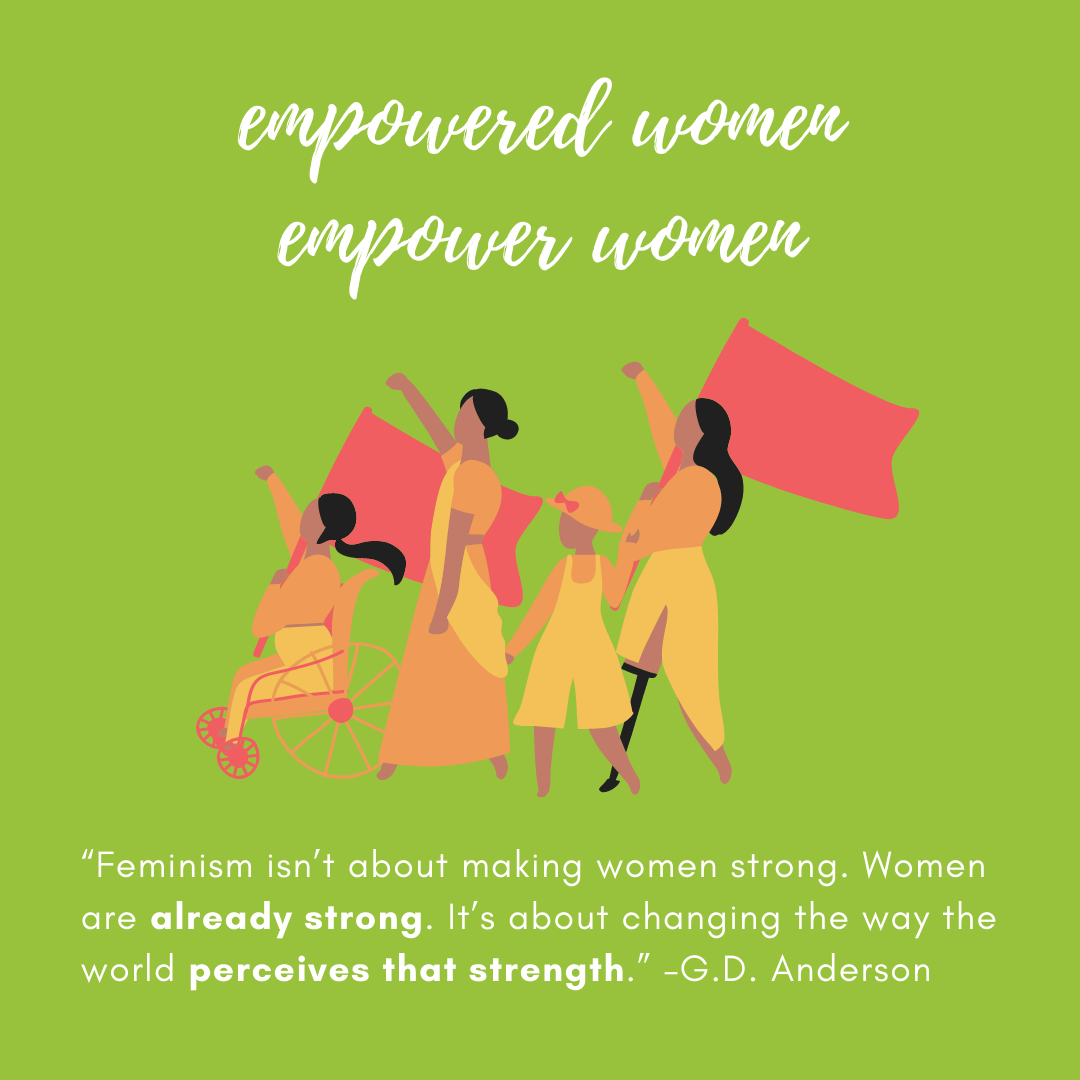
Action Circles
HIGH SCHOOL LEADERS
injustice anywhere is a threat to justice everywhere
School is the first place where we learn to be, in relationship with other humans. So many young people can (and do learn) to stand up to injustice here first – from standing up to bullying to making more ethical decisions about the brands you and your friends consume.
…and when young people get together and rally around a cause, there’s no telling what we can achieve together!
Action Circles is a student-centered social justice community. Joining gives you the chance to connect with other peers around the country thinking about systemic inequities and how we can use our privilege to undo them.
Join the Action Circles community today to:
Meet peers from India
as passionate about social justice as you are & design + work on a social justice project together
Participate in workshops
led by changemakers fighting for justice around India & trainers from the Harvard Kennedy School Social & Urban Policy Program
Join the editorial board
for the Action Circle Anthology: a publications that collates stories of young people who have stood up to injustices in their own communities
Score an internship
at an organization doing on-the-ground work to support India’s most marginalized people
Win seed funding
to see your own unique social impact idea in action, with support from a panel of our social impact advisors









Highlights from Our Fall 2022 Conference
We opened the days by reflecting on what issues animate us, that we want to work toward changing, to improve the state of the world. We pivoted to a full-group discussion about what resources we need—in addition to money—such as empathy, lending a listening ear, and designing solutions that keep the needs of the community in mind.
Students spoke with Deepika Khatri, who has worked at India Today, Institute for Development Studies, Majlis, and Aangan about her journey in the sector. She emphasized the importance of asking the communities for whom you design an intervention what it is that they need, and questioning her own biases throughout her social journey. We discussed examples of urban development projects where the “experts” in development have missed the mark by failing to incorporate community consultation as part of their process.
Our young leaders then worked through a case study on Harlem Children’s Zone with Suparna Gupta, Founder of national nonprofit Aangan and graduate of Harvard Kennedy School, who spoke about the importance of being able to articulate the impact one wishes to make on an issue such as education, the need to interrogate what's been working in order to make change at scale, and the importance of impact measurement to ensure your work is making a difference.
We heard from Divya Balaji Kamerkar, Founder of Pinky Promise and graduate of Wharton and Yale, about re-imagining what removing barriers to accessing healthcare for a subset of the population looks like, and what it looks like to think of social good as the return on one's investment. She spoke about her choice to become a social entrepreneur, and why she engages with change in that way. We also discussed what it takes to remove the stigma from conversations around reproductive health among people of all genders.
We then moved to a group of complex situations and analyzed the multiple intersectional issues at play there—giving us the chance to think about the interconnectedness of the different social issues we want to combat in the world, think about how they are related, and how they compound to negatively impact the most vulnerable people in our societies. Our young leaders showed a great deal of analytical prowess as we unpacked issues the issues of migration, child labor, lack of education, extractive lending practices, and lack of healthcare that plague millions of Indians.
We started Sunday morning with a session on joy, art, and song—and the special role it has always played in social movements. Deepika Khatri took us around the world through an exploration of the way songs like “Bella Ciao” and “Azaadi” have come to signify liberation and freedom for people around the world. We talked about the importance of balance, inspiration, and true connection to the social change work you want to do. You all shared sources of joy and celebration that fuel you when making social change can be hard.
Merenla Imsong shared with us the medium she uses to engage with issues of othering and exclusion—comedy. By watching some of her work and understanding the interactions that have fueled it, students learned another way to channel our drive for social change with a combination of keen observation and levity.
In the afternoon, students selected issues that matter most to them and did inner work to understand why they connect personally to the problem—be it poor mental health in schools, lack of rights for domestic workers, period poverty, animal cruelty, environmental degradation, or inequities in education. Participants shared pitches that were thoughtful and well-delivered, for feedback from our coaches.
Throughout the two days, students had the opportunity to network informally with one another over breaks and lunch, and we’ve heard from many of you that “lifelong friendships” were forged with “like-minded peers.”
by Future First leader Agastya Jhaveri
Leader Spotlight: Aneesh Kumar
If you want to change the world, start in your own backyard. 17-year-old Aneesh Kumar is doing just that: he's using his privilege, knowledge, and access to make sure domestic workers in Worli and Parel have the info they need to be financially secure. He’s starting in this own neighborhood and around, to create an impact he wants to see rippling throughout the city.
After the Action Circles conference last November, Aneesh has worked with his own building and others in the area to organize workshops for more than 500 domestic workers in Mumbai. Along with sharing relevant information on government-funded health, accident, and life insurance initiatives, high-yield savings accounts, etc.; he teamed up with a local bank manager to support attendees to register for schemes on site. Through these partnerships, he’s engaging other community members to become agents of change, beautifully illustrating our belief that anyone can change the world for the better.
Can’t wait to make change?
Join the community.

Issue Spotlight
One of {tic}’s goals is to enable young people to become more responsible bystanders.
Why do groups often fail to stop or intervene even when they see problematic behavior, whether it is excluding someone with different abilities or discriminating against a particular color, caste or gender?
According to psychologists, the “bystander effect” could be caused by a diffused sense of responsibility, the feeling that someone else will intervene. They also say that bystanders look to each other to decide whether to intervene and often conclude that there is no need. Each person in the crowd thinks that they are the only one who thinks there is something wrong and since no one else is reacting, the situation must actually be alright.
The Action Circle calls for school-aged students to share stories when they stepped up and stood up for someone who was being wronged. The best stories will be selected and become part of {tic}’s Bystander Anthology.






Your time to make a change is not tomorrow—it's now.
Want to join an Action Circle?
Explore more {programs}
SOCIAL SECTOR TEAMS
EVERYDAY ACTIVISTS
YOUNG CONSUMERS











